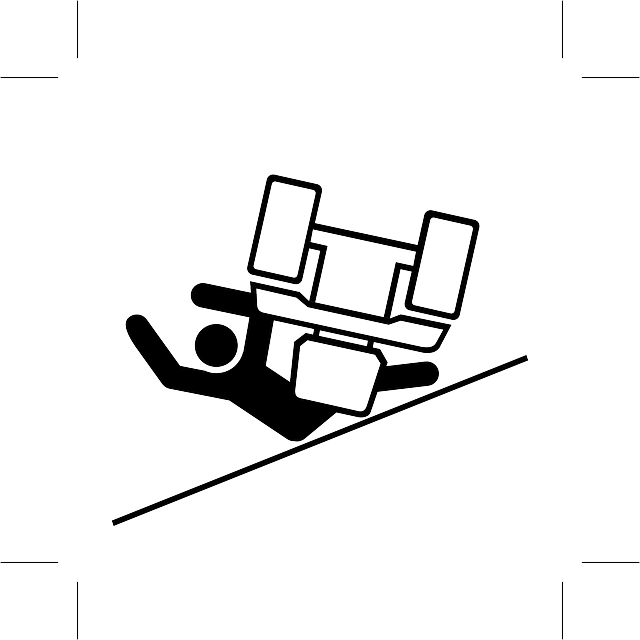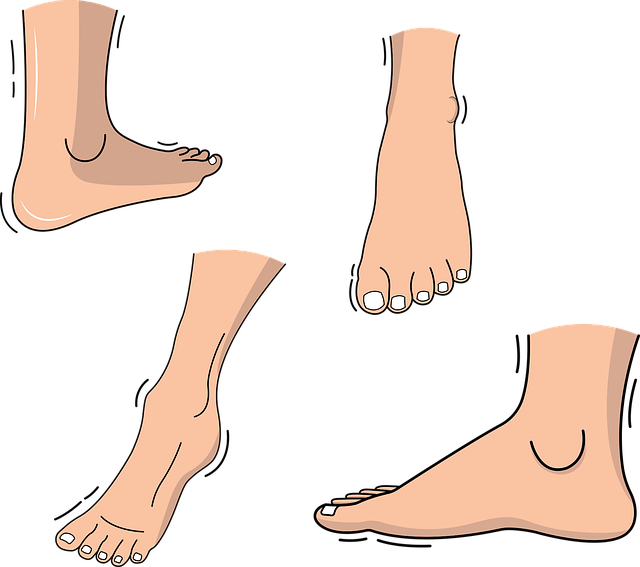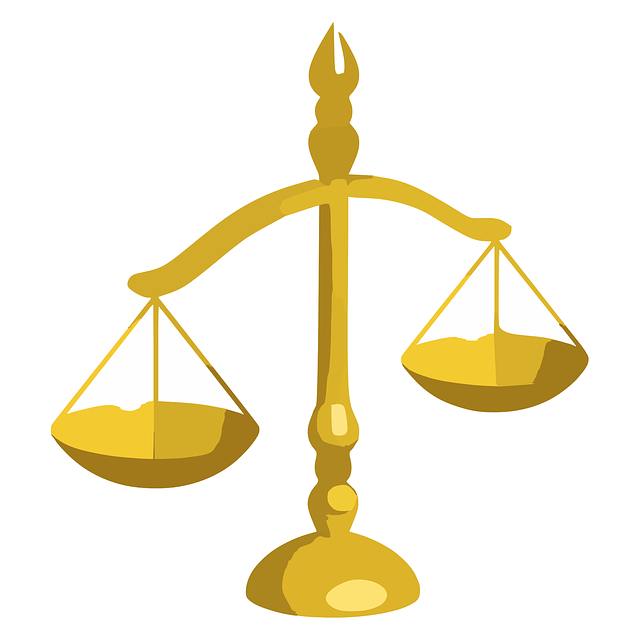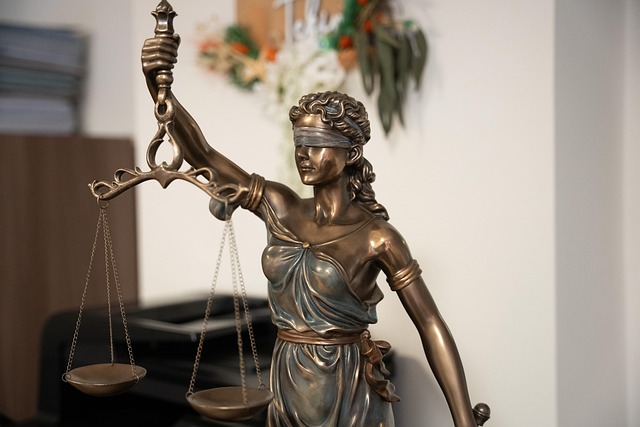Slip and fall injuries can cause severe, lasting damage, including physical harm, chronic pain, reduced mobility, cognitive impairments, and psychological distress. These accidents, often caused by defective products or poorly maintained properties, pose significant risks to vulnerable populations like older adults. Legal recourse can hold responsible parties accountable for breaches of contract related to property safety, fostering prevention and safer environments. Emotional support is crucial alongside physical healing for a healthy recovery, especially in cases of neglect or severe accidents.
Slip and fall accidents, seemingly minor, can lead to severe, life-altering injuries with far-reaching consequences. This article delves into the long-term effects of such incidents, exploring both physical and psychological impacts that may persist for years. We navigate the complex path of long-term care and rehabilitation, highlighting recovery processes, essential healthcare roles, and home modifications. Additionally, we dissect legal implications, offering insights into personal injury claims, available damages, and the potential for improved public safety through legal action. Understanding these effects is crucial in recognizing the need for proactive recovery planning and legal recourse.
- Understanding the Impact of Severe Slip and Fall Injuries
- – Physical Consequences: Overview of common long-term physical effects
- – Psychological Effects: How slip and falls can impact mental health and emotional well-being
Understanding the Impact of Severe Slip and Fall Injuries
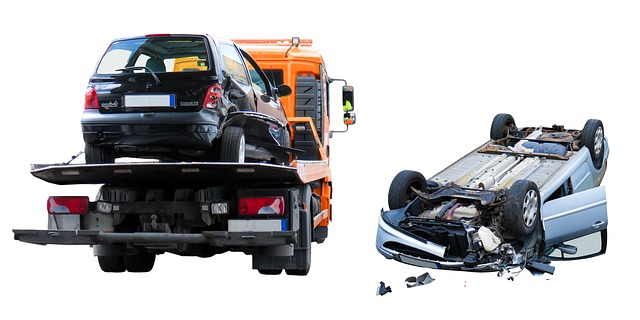
Slip and fall injuries can have significant, long-lasting effects on individuals, often leading to a cascade of physical, emotional, and financial challenges. These accidents are particularly harmful when they result from severe conditions or defects, such as slippery surfaces due to defective products or poorly maintained properties. The impact is multifaceted; immediate consequences may include fractures, head traumas, and soft tissue damage, while long-term effects can range from chronic pain and reduced mobility to cognitive impairments and psychological distress.
Understanding the severity of these injuries is crucial, especially in contexts like elder law, where the vulnerable population is at higher risk. In cases involving breaches of contract related to property safety, individuals may seek legal recourse to hold responsible parties accountable. Recognizing the profound effects of slip and fall accidents fosters a culture of prevention, emphasizing the importance of proactive measures to ensure safer environments for all.
– Physical Consequences: Overview of common long-term physical effects
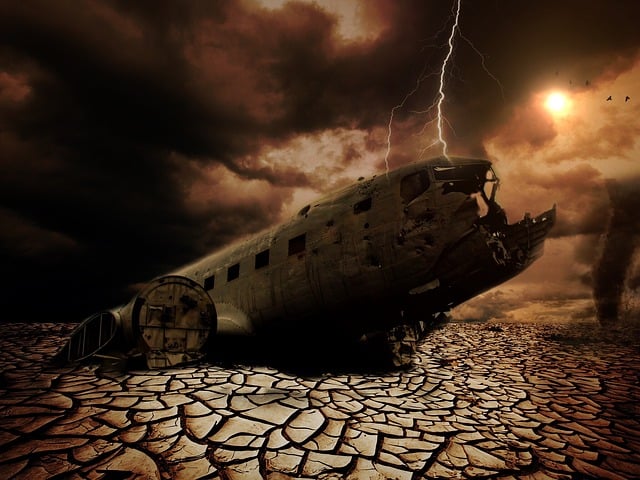
Slip and fall injuries can have significant long-term physical consequences that often go beyond immediate pain and discomfort. Common effects include chronic pain syndromes, such as persistent back or neck pain, which may lead to limited mobility and reduced quality of life. In severe cases, these injuries can result in permanent disabilities, affecting an individual’s ability to perform daily tasks independently.
Additionally, slip and fall accidents can cause soft tissue damage, including muscle strains, ligament sprains, and nerve injuries. These issues might not show up immediately but can develop over time, leading to prolonged rehabilitation and a higher risk of future injuries. Moreover, older adults or individuals with pre-existing conditions may experience exacerbation of their health issues, which could have been avoided had the fall been prevented due to defective products or unsafe environments. This underlines the importance of understanding and mitigating slip and fall risks in various settings, from homes to commercial spaces, to ensure appropriate accident compensation and prevent such long-term physical consequences.
– Psychological Effects: How slip and falls can impact mental health and emotional well-being

Slip and fall injuries can have profound psychological effects on victims, impacting their mental health and emotional well-being. The sudden, often unexpected nature of such accidents can lead to increased stress, anxiety, and depression. These injuries can cause significant physical pain, which may result in a fear of movement or even further restriction of activities, leading to feelings of isolation and reduced quality of life.
In the context of nursing home neglect or truck accident injuries, the psychological toll can be even more severe. Victims may experience post-traumatic stress disorder (PTSD) due to the trauma of the incident and the subsequent recovery process. Effective client recovery requires not just physical healing but also substantial emotional support to address these psychological effects and promote a healthy mental state.
Slip and fall injuries, though often overlooked, can have significant long-term effects on both physical and psychological health. From chronic pain and reduced mobility to anxiety and depression, the consequences can be far-reaching. Understanding these potential outcomes is crucial for preventing future incidents and ensuring proper care for those affected. By recognizing the signs and taking proactive measures, we can navigate the challenges associated with severe slip and fall injuries more effectively.
